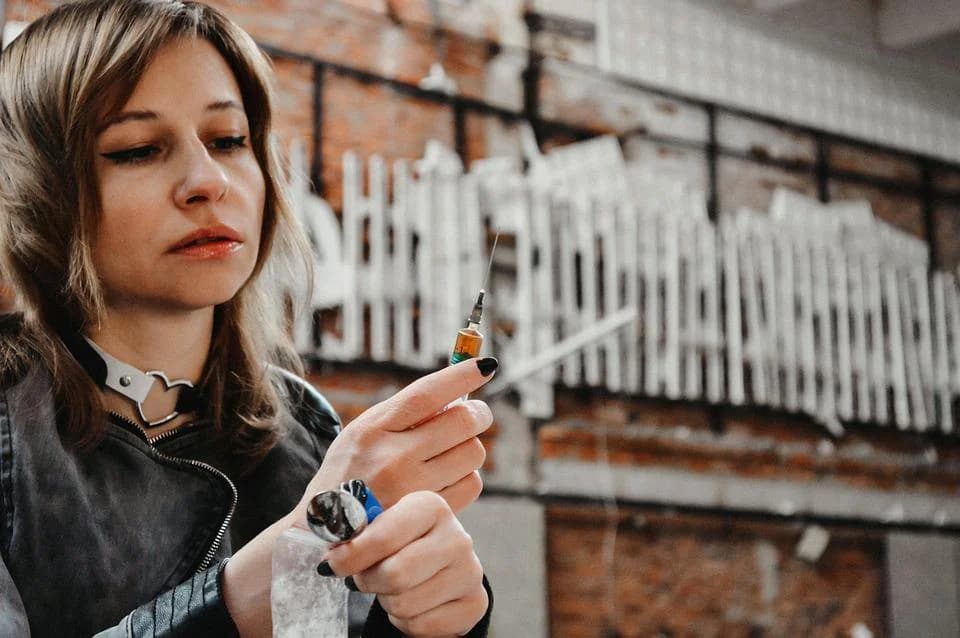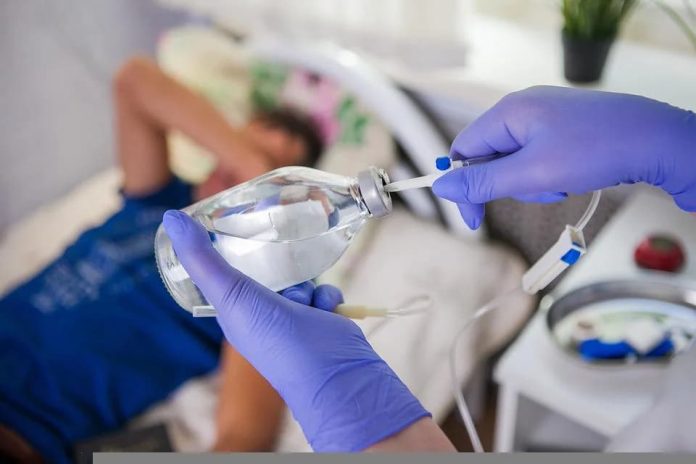Addiction is a serious problem that affects millions of people in the United States. It can be difficult to overcome addiction on your own, which is why addiction treatment is so important.
Unfortunately, addiction treatment can be expensive, and many people cannot afford to pay for it out-of-pocket, but you may be covered. This article will discuss the types of addiction treatments that are covered by health insurance.
Table of Contents
Medication-assisted Treatment
This is one of the most common ways to help people struggling with addiction. The main connection between health insurance and rehab is to help those who cannot pay for the medication.
The most common form of this is methadone, which helps to control cravings and withdrawal symptoms. Other medication-assisted treatments include buprenorphine and naltrexone.
These help to block the effects of drugs and alcohol, making it easier for people to stay sober. Health insurance can also cover other forms of treatment, such as therapy and counseling. This can be done in an individual or group setting and can help people learn more about their addiction and how to cope with triggers.
Many different types of treatment are available, and health insurance can help make them more affordable. If you or someone you know is struggling with addiction, talk to your doctor about the available options.
Detox
The process of detoxing is one that should always be done under medical supervision, as it can be very dangerous to detox without professional help. It is the first step in addiction treatment, and it is covered by most health insurance plans.
Detoxing allows the body to rid itself of the toxins that have built up from using drugs or alcohol. This process can be difficult and uncomfortable, but it is an important first step in recovery.
Having an insurance plan that covers detox can be a lifesaver for those struggling with addiction. It can help to cover the cost of detox and make it more affordable for people who need this treatment. Detoxing is an important step in addiction treatment, and it should be covered by health insurance plans.
Co-occurring Disorders
There are certain co-occurring disorders that come along with addiction treatment. These are the following:
- Anxiety disorders
- Depressive disorders
- Dual diagnosis
- Personality disorders
- Psychotic disorders
Luckily, co-occurring disorders are often a type of addiction treatment that is covered by health insurance. This is because they are often seen as two separate conditions that need to be treated in order for the person to recover from their addiction.
Co-occurring disorders can be difficult to treat, but there are many resources available to help those who suffer from them. If you or someone you know suffers from any of these, don’t hesitate to reach out for help. There are many people who want to see you succeed in recovery.
Outpatient Rehab
You can also have a policy that covers outpatient rehab. It is a type of addiction treatment that allows you to live at home and continue working or going to school while receiving treatment for your addiction. Outpatient rehab usually involves meeting with a therapist or counselor weekly and attending group meetings. This can be an effective treatment for addiction, but it requires a lot of motivation and effort on your part to stay sober.
If you have health insurance, check to see if outpatient rehab is covered under your policy. Many insurance companies will cover it if it is recommended by a doctor or addiction specialist.
Inpatient Treatment
One of the most common ways to help with addiction treatment is inpatient treatment. This involves a person staying in a hospital or other facility for an extended period of time in order to receive care and detoxification services. Inpatient treatment usually lasts anywhere from 28 days to 90 days, though some programs may be shorter or longer.
During inpatient treatment, people will have 24-hour access to medical care and support in order to ensure their safety and well-being. In addition, they will participate in individual and group therapy sessions as well as other activities designed to help them recover from their addiction.
Rehab Therapy
Psychotherapy during rehab helps patients understand and change the thoughts and behaviors that contribute to their addiction. This type of therapy is also called behavior modification therapy.
It can be done one-on-one with a therapist, in a group setting, or in family therapy sessions. The goal is to help patients identify unhealthy patterns of thought and behavior so they can make positive changes.
Rehab therapy can be an important part of recovery from addiction. If you have health insurance, check with your provider to see if rehab therapy is covered under your plan. Some insurance providers cover rehab therapy in full, while others may require you to pay a portion of the cost.

Treating addiction isn’t easy and it can get quite expensive. That’s why it’s smart to choose a method that may be covered by your health insurance policy. It ensures you get the best possible treatment without losing too much money in the process. Patients can undergo rehab without worrying about their financial future.




